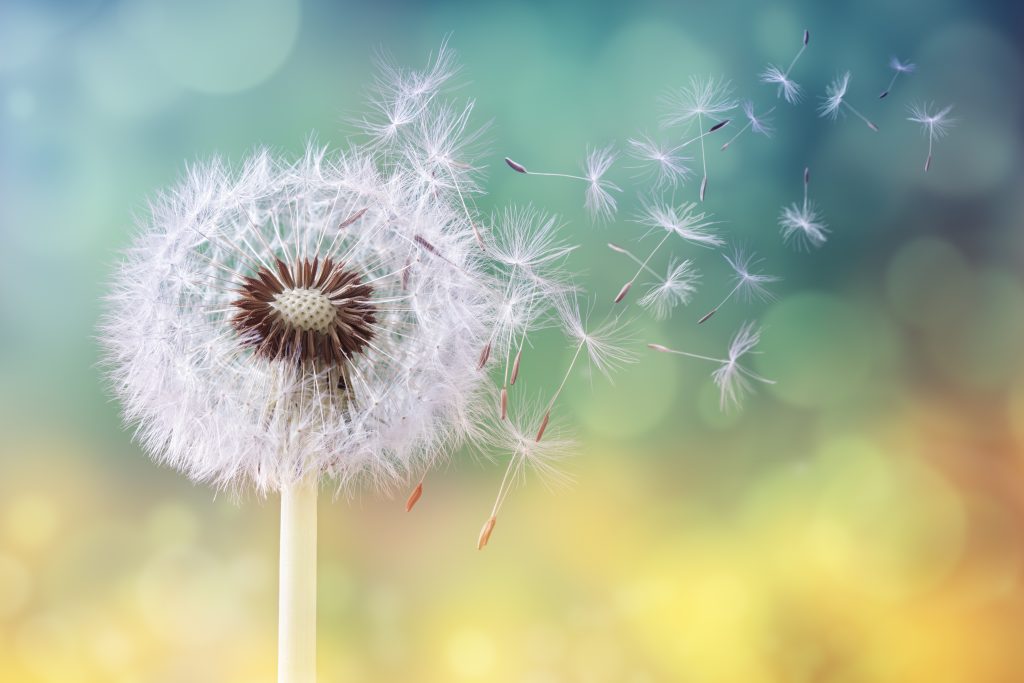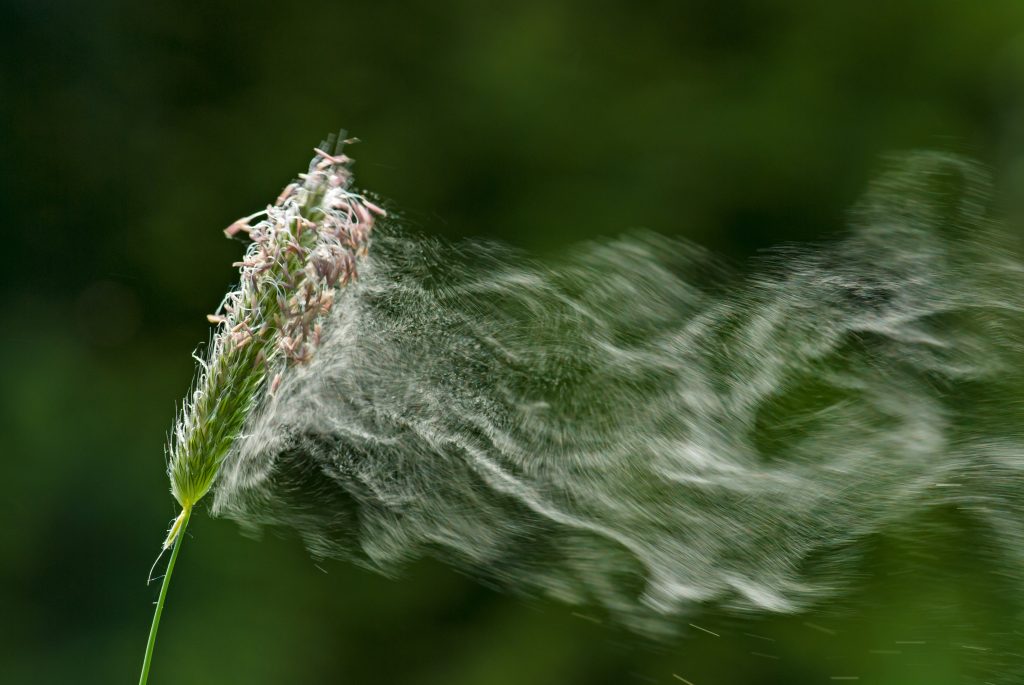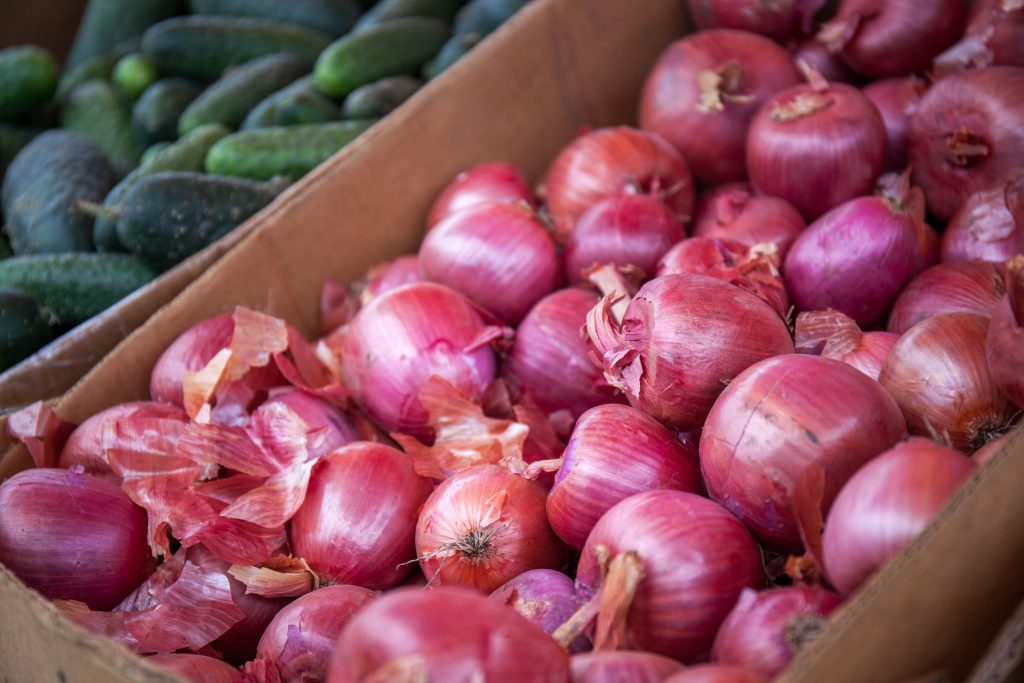ITCHING FOR TIPS TO DEFEAT ALLERGIES?
Spring has sprung, but for many, this beautiful time of year brings with it seasonal allergies such as Rhinitis, more commonly known as Hay Fever. We will discuss how to reduce seasonal allergies with nutrition, combating the negative effects.
According to The European Academy of Allergy and Clinical Immunology (EAACI), allergy is now the most common chronic disease in Europe. Individuals with allergies live with a severe debilitating form of their condition and struggle daily with the fear of a possible asthma attack, anaphylactic shock, or even death from an allergic reaction.
Even in milder forms, the effects of allergy can make you feel miserable, as if you are living your life under a haze of sniffles, sneezes and sinus congestion. But…what if there was a way to work with nature – instead of against it?
Before I get into natural ways to support and alleviate your allergy symptoms, lets first look at what happens in your body when it responds to an environment trigger.
When your body is exposed to allergens — such as pollen, insect bites, bee venom or pet dander — your immune system responds to these foreign substances by producing substances known as ‘antibodies’. Antibodies identify allergens as a threat. When you come into contact with them, your immune system reacts by signalling special cells called mast cells to release histamine to the site of inflammation.

More than 150 million Europeans suffer from chronic allergic diseases and the current prediction is that half of the entire EU population will be affected by 2025…
WHAT DOES HISTAMINE DO?
You’ve probably heard of over-the-counter medicines called antihistamines, but what is histamine?
Histamine is the amino acid responsible for your unpleasant allergy symptoms. Itchy/watery eyes, sneezing, coughing, sniffling are all a result of your immune system producing an inflammation response to an allergen.
Modulating or decreasing your body’s production of histamine can have a significant and positive effect on decreasing your allergy symptoms, and while natural antihistamines may not match the potency of over the counter options, their effectiveness is still well-documented if you’re seeking a more natural approach.
WHAT CAUSES SEASONAL ALLERGIES?
Pollen is the main culprit. There are several types throughout the year:
- Grass pollen is most common from May to July
- Tree pollen – February to June
- Weed pollen – June to September
In the case of perennial rhinitis, symptoms may continue throughout the year and are usually related to indoor allergens such as dust mites, pet hair, and moulds.

HOW TO FIND OUT IF YOU HAVE AN ALLERGY? TAKE A TEST…
If you are experiencing symptoms of allergy such as sneezing, itching of the nose, eyes or roof the mouth, runny or stuffy nose, or watery, red or swollen eyes, then there is a good chance you are having an allergic response to something in your environment.
The best way to find out is by taking an IgE Inhalants Profile. This is a comprehensive blood test that measures IgE antibodies to 16 common indoor and outdoor triggers. Book a test following the link below, and remember…it is important to test when you are symptomatic.
NATURAL ANTIHISTAMINE FOODS
The trouble with over-the-counter antihistamine drugs is that they can have strong side effects such as drowsiness. However, there are certain foods, herbs and botanicals you can include in your diet that are rich in antihistamine compounds and therefore help your immune system produce less histamine, resulting in a milder allergic reaction.
In our recent Instagram post, we talked about one of my favourite natural antihistamine supplements: Quercetin.
THE BENEFITS OF QUERCETIN
Quercetin is a flavonoid — a type of compound found in plants and plant foods — that inhibits the release of histamine from your immune system, thereby reducing the side effects of allergy. In fact, the plant extract of quercetin is the main ingredient of several potent anti-allergy drugs that act as immuno-modulators due to their suppression of pro-inflammatory substances called cytokines. This makes Quercetin one of the most common choices for Functional Medicine practitioners when patients ask for natural remedies for their allergies.
You’ll often find it in foods and in supplements with bromelain — an enzyme that helps increase its bioavailability. Below we have listed natural antihistamine foods which will help allergies.
FOODS RICH IN QUERCETIN:
- Apples
- Broccoli
- Ginger
- Onions (the highest source)
- Thyme
- Spirulina
- Pineapple
- Medicinal mushrooms — excellent for their immuno-modulatory and anti-inflammatory properties.
- Chaga mushroom extract — has been shown not only to quench reactive oxygen species (ROS) that can cause damaging inflammation (and worsen allergy symptoms), but it also promotes a balanced immune response when exposed to a potential allergen.
- Reishi mushroom — known as “the mushroom of immortality”, indispensable in my smoothie recipes as it has been used in Eastern healing practices for centuries.

ARE YOU TIRED OF ALLERGIES?
You aren’t alone. Seasonal allergy symptoms, triggered by indoor and outdoor allergens, are a common problem that affect more and more people every year. But that doesn’t mean you have to suffer forever. Finding effective solutions that work for your lifestyle can improve your daily life and wellbeing. The choice is yours whether you want to do something about it!
